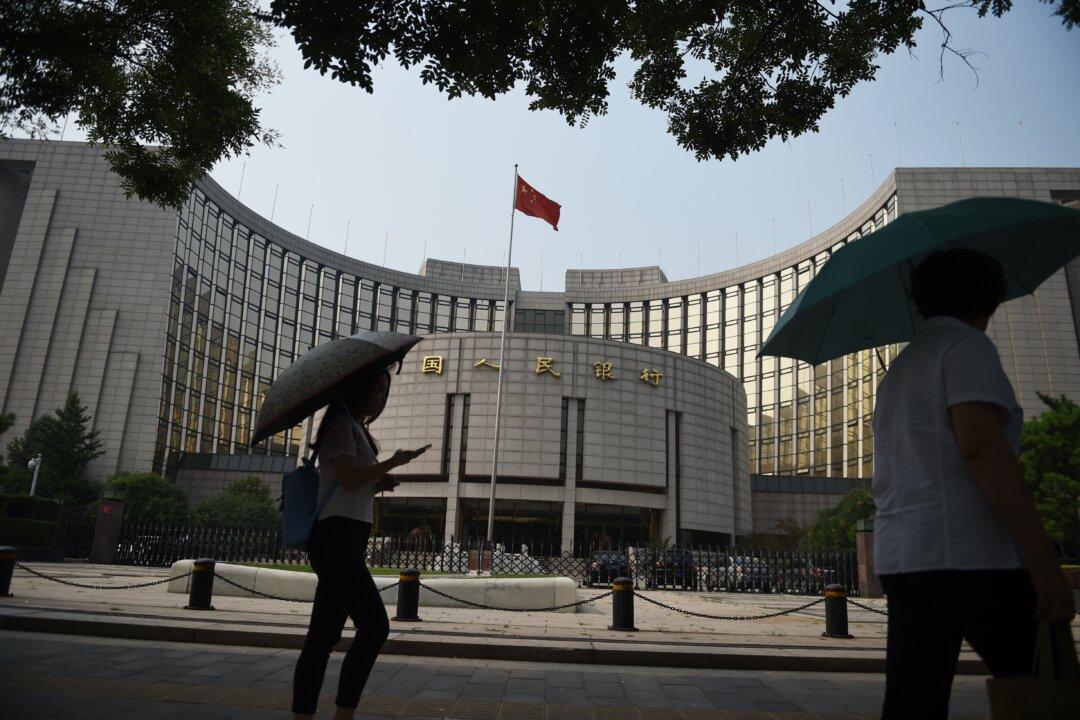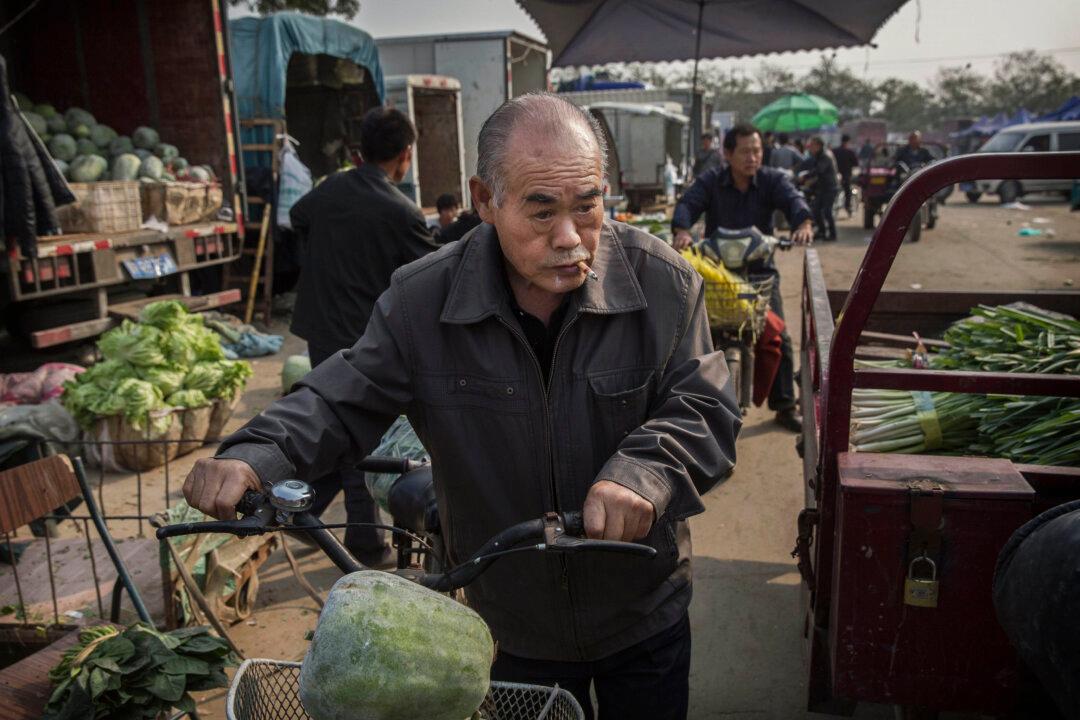News Analysis
China has a debt problem, and it’s desperate enough to employ drastic—and dangerous—means to counter it.
Chinese regulators on Sept. 23 approved trading of complex financial derivatives called credit default swaps (CDSs) that provide investors insurance against defaults. The move signals that Beijing may finally allow more delinquencies and even bankruptcies of state-owned enterprises.
But such swaps are a dangerous double-edged sword. The CDS market expanded in the United States before the global financial crisis. Their widespread use in speculation, lack of transparency and regulation, and complexity exacerbated the effects of the crisis and contributed directly to the collapse and bailout of insurer AIG in 2008.
The People’s Bank of China (PBC) outlined rules of engagement for the use of CDSs after weeks of consulting with banks and brokerage firms across China. The regulator had considered approving the swaps in 2010, but as bond defaults were relatively unheard of before 2014, the market had little appetite in trading CDSs.
Default swaps have been in existence in the West since their creation by J.P. Morgan in the mid-1990s. A CDS allows a party to buy or sell insurance that will cover payments if a company fails to repay interest or principal. Similar to an insurance contract, the party buying the swap pays premiums, while the party selling the swap receives the premiums. In the event of a default or other credit event, the seller must compensate the buyer by an amount specified in the CDS contract, usually the difference between the price at time of contract and the ending price.
Beijing has never been comfortable in allowing companies, especially state-owned enterprises (SOEs), to default on their bonds. This isn’t to protect investors per se; any company defaulting on its debt is effectively barred from raising new debts, thus preventing access to crucial working capital, as many SOEs are effectively insolvent otherwise.
Local and regional governments—which rely on SOEs to provide jobs, tax revenues, and local economic growth figures—often step in to help struggling firms repay bonds. But since last year, local governments’ ability to help has been diminished due to slowing economic growth and weakening real estate prices.
More Defaults Ahead
So how does China plan to use CDSs to help its debt problem? First, swaps lessen the pressure for Chinese authorities to act as an initial backstop on bond defaults.
Secondly, the allowance of CDSs gives banks and brokerages a way to hedge their portfolio of loans and nonperforming loans. “To have CDSs is a very good thing because, so far, there are no meaningful hedging tools in the domestic market. The market has high demand for such instruments,” Liu Dongliang, an analyst at China Merchants Bank, told Bloomberg on Sept. 22.






